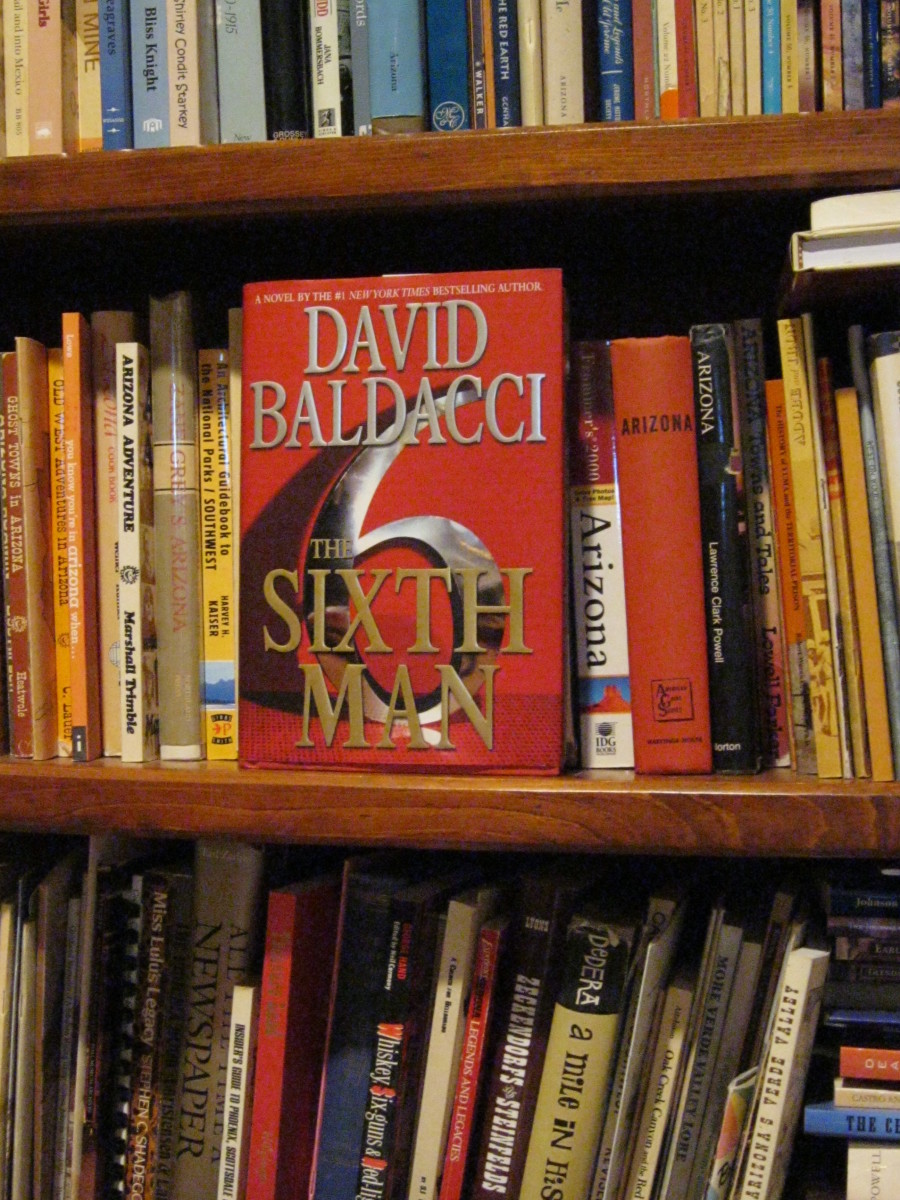Want to Write a Book?
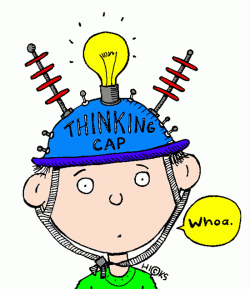
Got An Idea For A Book But Don't Know Where To Start?
That's normal.
There are so many books out there that tell you how to write a book, the best way to set them out, creating the characters and locations, etc.
This is different.
This is just a friendly and simple site created to assist you in the journey that is writing.
If you have an idea for a book, blog, or even just want to improve your writing skill, then hopefully this page will help you a bit.
I can only advise you on my own experience. These tips may or may not work for you - writing, like everything, is a personal preference.
(image by: ruthcatchen.wordpress.com)
Reread What You Write
The times I reread my books is countless, to the point where it almost gets boring, and they still isn't perfect.
If you write a page and walk away for a few days then reread it, you could find so many mistakes. I've made hilarious errors. Missed letters and words - I amuse myself a lot.
It may never be "perfect" because when you write, you improve, and when you publish your first book, you may think "l could have changed this" or "Why didn't I do that?"
It's ok. You live and learn - it's life.
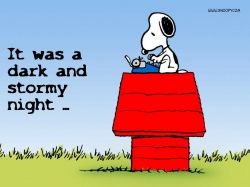
It's All In The Details
Or is it?
I understand that when you have a picture in your mind as to how, let's say the house, is set out, you want to explain it. Trust me, don't go into too much detail, otherwise it gets boring, and people tend to forget most of it or just skip over it all together.
If you want to explain the house, you can say something like, "It had an old, rustic feel about it with dark, mahogany panelled walls and maroon carpet. A lit fireplace sat at the back wall with 2 leather lounge chairs in front of it and a full bookcase opposite."
That's all you really need, and the readers know straight away the style of the house without adding unnecessary detail. If the character wanders through the house, there's no need to explain the other rooms. Maybe a bedroom door was open and they saw satin sheets. That's alright, but just think about what's relevant to the story and keep out what isn't.
Also, if you can, try to add in the weather. It doesn't need to be much. In The Pendant, I said that it was a cloudy day in order to explain simply what she was wearing. Maybe the character glanced up and saw threatening storm clouds about to let loose and the wind was throwing branches around with vengeance that (character) wondered if they would snap off the trees, or perhaps there wasn't even a cloud in the sky.
In Rise of the SIfters, I had a storm throughout most of the story for the added effect of both the weather and the emotional state of the characters (this is fictional after all ;) )
Where are the characters? If they're in a "real" country, what are the weather conditions? Have you mentioned what season it was? Make sure you keep these details in mind. After all, how many winter days have hot, sunny weather conditions?
If you've mentioned age or years, keep records. I've reread one of my books where I had a year or age, and somewhere along the way it didn't add up, so I did some editing.
Take Breaks
Trust me, when you want a book to be the best it can be, take a break when you've written a fair bit. I know that you may not want to when you're writing so fast with all these idea's racing through your head - jot them down and walk away.
Find something else to preoccupy yourself with - friends, movies, art, eating missed meals, sleep...
I understand that you want to finish your book, especially when you're so close, but a break can do wonders for your imagination.
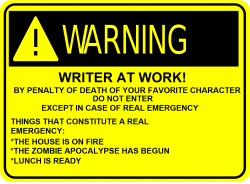
Writing Your Book
Where to start?
That's the easy part.
You just do.
Grab a pen and paper, and jot down notes of the book: where you want it to be set out, the characters - their name, age, birthday, star sign, hair colour/length/style, height, job, eye colour, skin tone, personality, and anything else that you want to explain about them, even the type of house they live in.
Have you thought about the plot and just need to create the story around it?
Personally, I don't understand how some writers stay shut away in their office and work while their meals get brought into them.
I love my fresh air. Sometimes I'll write in my room with the window open (depending on the weather), other times I'll go outside, maybe even go down to the beach with my clipboard, pad of paper and pens.
Also, I write when I'm in the mood to write. Sometimes I can go for a week, maybe even a month, without putting a single word to my books.
Then there are the days when nothing can stop me from writing until my stomach reminds me that I haven't eaten lunch. So, up I get to grab some food and a drink, then I'm back to writing away and living my characters lives.
Find what works for you.
(image by: cuppacafe.com)
Don't Force Your Imagination
When I'm stuck, trying to force myself to write only irritates me because my mind isn't completely with the book. I've done this once or twice, and ended up giving it away for a while. My creativity burns out sometimes, so I let it recuperate in its own time.
I find this is the best way to overcome writers block. Whether it'll work for you or not, only you know that.
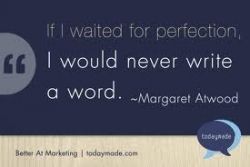
Your Book - Your Style
Write how YOU want to write
So many people try and tell you how a book should be written.
That may work for them, but you need to do what works for YOU.
Tips and suggestions are one thing; however, in the end, it's your book, so you write it the way you want.
For instance, I write my books like this:
She wanted to argue, though knew it would get her nowhere, so kept quiet and let him believe that he had won.
However, someone else I know writes this way:
Wanting to argue, knowing it would get her nowhere, kept quiet, letting him believe that he had won.
Both ways are good. It all depends on the style of writing you're comfortable with. You may have a completely different way of writing, and that's ok.
Even spelling certain words like "ok". Some write it like that, others write it "okay", while other's put "OK".
What about "Lay", "Laid", "Laying", "Lying" - what's the difference?
To me, "lying" is telling a lie, and "laying" is when someone lays down. That's my personal opinion and what sounds right to me. You may think otherwise, which is cool.
There's no right or wrong way to spell those words as far as I'm concerned. It just comes down to what sounds right to YOU and what YOU'RE comfortable writing.
(image from: todaymade.com)
Repeating the same word
Try to find other words that mean the same thing if you can; it gets annoying when you read "forgetting" all the time. Spruce it a bit by explaining it differently like: "All thought vanished of the memory in that vital moment".
People read some books for the drama and suspension. Wording is everything. It takes the first few pages to either get people hooked, or to make them disregard the book.
Please don't let this discourage you though - it doesn't take much to reword sentences :)

Writers Block?
No Worries
Everyone gets this.
Yes, it's annoying, but a fact.
There are tips on how to overcome writers block, but personally, I don't bother with them.
If my imagination wants to take a break, then I let it, no matter how long it's for. Then again, just because your writing might be at a stand-still, doesn't mean you can't work on your novel.
If I really want to do something with my books, I might reread either a completed one that's ready for publishing, or a newer one that I'm still working on. I could correct a lot just by doing that, might even pick out some hidden mistakes that I missed and, after having a good giggle to myself at my own expense, I'll fix them. It could even get me over the writers block.
There's always room for improvement when it comes to books.
However, like I said earlier, a break is a good idea, whether it's because you're at a stand-still, or you've got so much racing through your noggin, give your poor mind a rest.
You can always carry a notepad and pen everywhere you go for when an idea jumps into your head, even if it's only a few words or a name - it all comes in handy sooner or later.
(image by: thejourneysheart.wordpress.com)
Get Someone Else To Edit Your Book
You're used to your book, so mistakes can slip past your eyes easily, whereas someone else spots them because they are reading it for the first time.
You don't need a professional editor either. Maybe ask someone who's good at spelling and grammar to read and edit it for you.
Make sure they are trustworthy though!!
For instance, I ask my Nana to edit my books, and often times it's just using a different word, or switching a sentence around that makes it sound so much better.
Don't Let Other's Tell You - That You Can't Accomplish Your Dreams
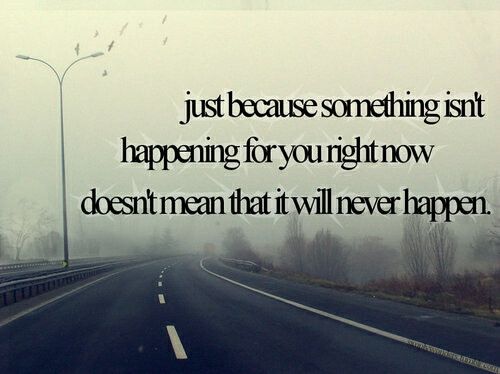
Whether it's being a published author, becoming an artist, travelling the world, moving house - whatever it is, don't allow other people to discourage you.
They're only trying to hold you back, and they aren't worth thinking about.
If someone says, "Oh, don't be stupid. You can't be a published author. You'll crash and burn like the majority of them."
Ignore them.
You don't need to argue your point. Just write your book, and when you save up enough to get it published, or ready to put it up on Kindle or some other eBook site, go ahead. It may not take off straight away, but hey - you published your book. It's out there, congratulations!
Celebrate!!
(image by: weheartit.com)
Make sure the cost is reasonable
For my eBooks, I have kept them as $2.99.
Some may say I'm selling them too cheap, but in the end, they are eBooks, and Romance/Fiction/Adventure/Action ones at that.
Yes, I spend a lot of time on them, and yes, I could sell them for a bit more. I just choose not to.
I love writing, and I love sharing my work with others.
Before Going Through a Publisher, Ask Everything You Can Think Of
Including:
Retail price?
Do they organise eBook versions?
Cost to print each book?
The more books you print in one go, does it get cheaper?
Do you have to contact bookstores, both on and offline, or do they?
And anything else that's important. Don't be afraid to ask questions - it's your book, and you have the right to understand everything that goes on with it.
Email different ones and find out what they do for you and the cost. Contacting them doesn't lock you into anything. Do research.
Marketing - Where to Start?
Wherever you want!
- Create a Facebook and/or Twitter account specifically for your books and promotions
- Google "blogs" and share your books with as many people as you want
- Create a HubPages promoting your book!!
- Join a club of writers
- Word of mouth works excellent as well. Tell your friends, family, co-workers, fellow students, beauty therapists, your doctor, people you randomly bump into (make sure they aren't dangerous before you start speaking with them...seriously)
- The list is endless!!!!
FEAR
"What if people don't like my book?"
"What if my book gets bad reviews?"
"Publishing is such a final step - what if I want to change something after it's published?"
Push the fear aside. If you have written a book, be proud of that. You may not please everybody, but who says you have to?
Besides, with Amazon Kindle, you can always edit it afterwards and republish it :)
Publish or Self-Publish?
Research First!
How much responsibility do you want?
Do you want to hold ALL the rights or NONE?
I Self-Publish only simply because I want to hold all the rights to my books. After all, I wrote it, I'm not about to give it over to someone else then only get a tiny bit of royalties for my work!
I don't mind having to market them myself, I love it.
If you don't want much responsibility and next to nothing in royalties, then Publishing is the way for you.
Again, it's a personal preference.
eBooks - The Way I've Decided Go :)
This way, going through a publishers house of any kind is unnecessary.
I just had to get an Illustrator and copyright, both of which I finally organised. I couldn't afford much in the way of payment for Peyton; she understood completely, though I do give her clear recognition in my books, along with any contact info she wanted.
Personally, it's better (and cheaper) this way.





